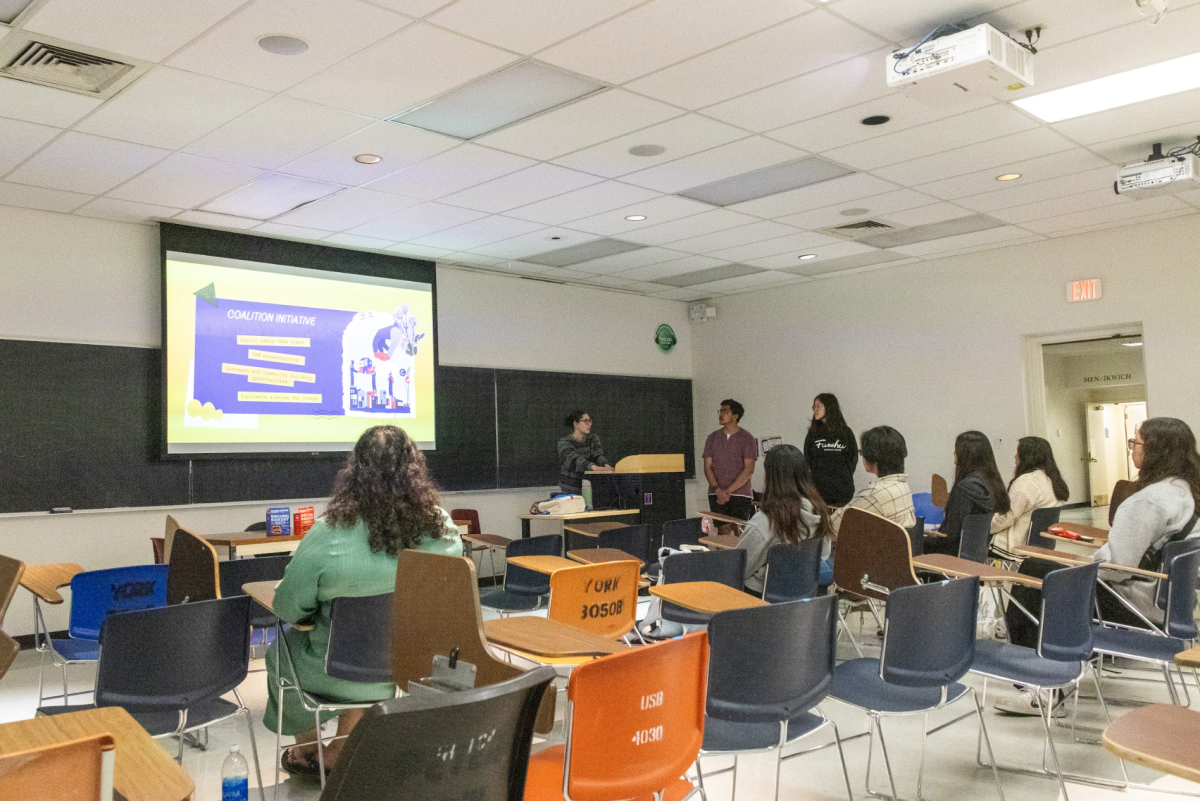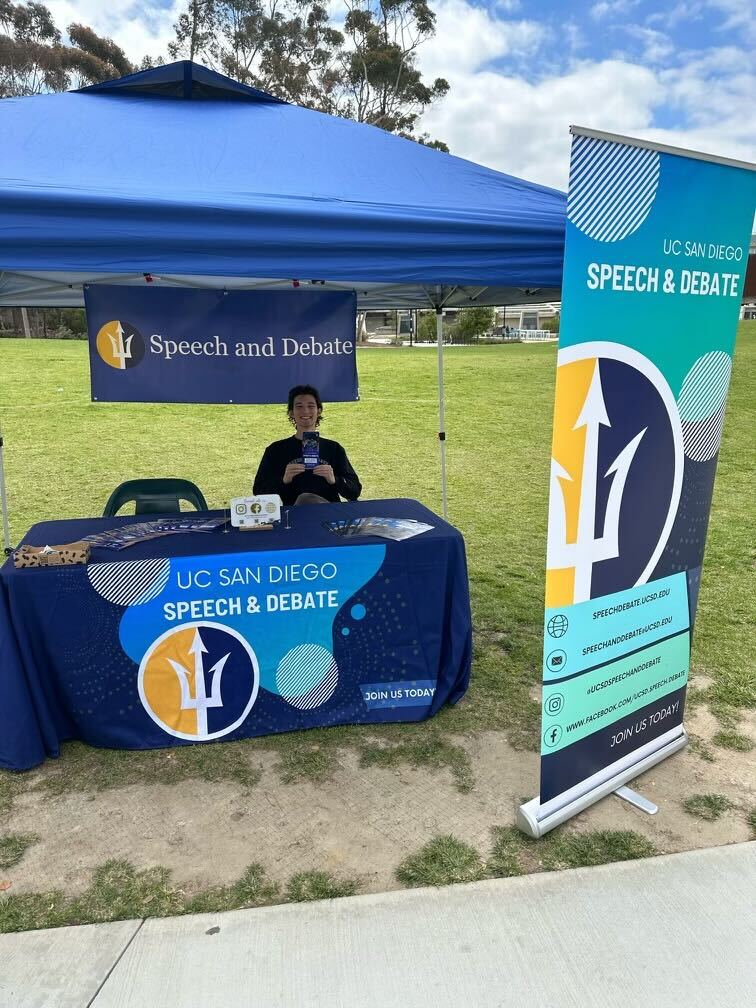Facebook’s Open Academy, a program that pairs computer science students with open source projects for academic credit, has expanded to UCSD
UCSD’s computer science department has been a leader in its field since the late ‘70s and ‘80s, when our university gained worldwide recognition for the UCSD Pascal language programming system — a portable, mostly machine-independent operating system that was used by both universities and high profile companies like Apple and IBM. Thirty years later, UCSD continues to help pave the way in computer science by offering Open Academy, a program that allows computer science students to work on open source projects for course credit this winter quarter.
“Open source” refers to a project or system whose code is made universally available for use, modification and redistribution. The Open Academy program begins with a weekend workshop, where students and mentors come together for a crash course in working with computer code at Facebook headquarters in Menlo Park, Calif. When they return to their home universities, students apply their learning to actual open source projects, working in virtual teams while receiving support from their mentors.
Open Academy was launched in the spring of 2013 by Facebook in collaboration with Stanford computer science professor Jay Borenstein. Already, universities from around the world have adopted the program, which is currently only operating through participating institutions such as UC Berkeley, the Massachusetts Institute of Technology, the University of Texas at Austin and the University of Tokyo.
With a virtual mentor providing help in place of a teacher’s assistant, much more responsibility rests in the students’ hands. A main facet of Open Academy is its encouragement of students to discover and learn on their own through real-world application, emphasizing student independence.
“These projects have an established code base, which means students have the very real-world experience of having to learn their way around the structure of the code and get to the point where they can contribute,” Borenstein said in an email to the Guardian. “This is something that software engineers do numerous times in their careers, so it’s a great skill to practice in school.”
Stanford graduate student Noam Ben-Avi, who enrolled in Open Academy during his senior year of undergraduate studies at Stanford, shared about his experience with the program and how it differs from standard computer science classes.
“When I took [the class], I truly felt like for the first time at Stanford, I was doing real software development,” he said in an email to the Guardian. “Working on the cutting edge of technology [at Open Academy] … is a vast contrast to working on old technologies and rehashed assignments.”
Instead of taking a computer science class in which the errors are planned in advance so students can catch them and in which the projects are isolated, Ben-Avi said, Open Academy allows students to learn in actual scenarios where there is no preplanned solution and where the projects are interrelated. Furthermore, he noted that the access to ongoing open-source projects means that students are working with the most current problems to produce up-to-date solutions.
Aside from providing students with practical experience, Borenstein believes that the program benefits computer science majors in a much more fundamental way. He explained how the program can help students make the right career choices.
“It’s helpful for students [to evaluate] what they want to do after school,” he said. “Being in this kind of course gives students a true sense of what it means to be a software engineer. I think this helps people make more informed career decisions.”
The importance of Open Academy and programs like it lies in enhancing student contribution as early as possible. Eligibility for the program requires being a full-time computer science student at a participating university. Interested students can email [email protected] to get the name of UCSD’s faculty champion, an on-campus representative who can then give more information to become a part of the program.
“For fun, for your resume, for the world, whatever it is: Contribute,” Ben-Avi said. “Once you get through that very first contribution and all the confusion that goes with it, the floodgates really do open up, and you can become the next generation of programmer, one that isn’t limited by tools presented to him, but rather one that can evolve the tools to his needs as he develops. If we can do that, I think the next generation of computation is going to be limitless.”














